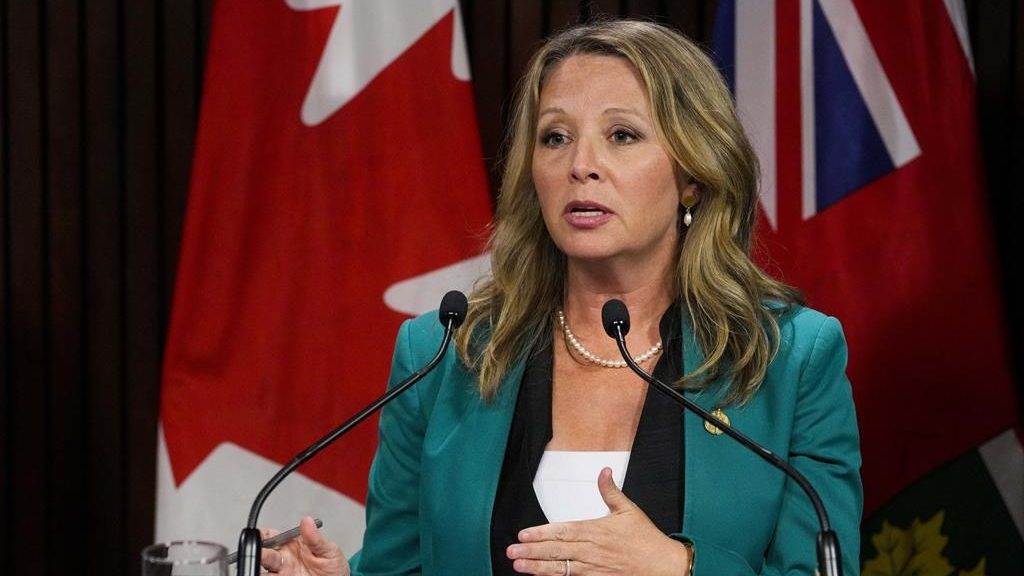US productivity rose a modest 0.9 pct. rate in spring
Posted Aug 9, 2017 08:32:22 AM.
Last Updated Aug 9, 2017 09:00:05 AM.
This article is more than 5 years old.
WASHINGTON – The productivity of American workers rose just modestly in the spring, extending a worrisome issue that has persisted throughout this expansion.
Productivity grew at an annual rate of 0.9 per cent in the April-June quarter, slightly better than a scant 0.1 per cent rate of increase in the first quarter, the Labor Department reported Wednesday. Labor costs edged up at a 0.6 per cent rate in the second quarter, a sharp slowdown from a 5.4 per cent growth rate in the first quarter.
Productivity, the amount of output per hour of work, has been weak throughout the economic recovery, now in its ninth year. Many analysts say the issue is the biggest economic challenge facing the country.
For 2016 overall, productivity actually declined — the first fall in 34 years. Productivity last year had previously been reported as a slight increase of 0.2 per cent. However, that gain evaporated as part of the government’s annual benchmark data revisions. It marked the first annual decline in productivity since a 1 per cent drop in 1982.
The small improvement in the second quarter reflected the fact that overall economic growth, as measured by the gross domestic product, accelerated to a 2.6 per cent rate of increase compared to a 1.2 per cent gain in the first quarter.
Since 2007, annual productivity increases have averaged just 1.2 per cent. That’s less than half the average annual gains of 2.6 per cent logged in 2000 to 2007, when the country was benefiting from increased efficiency from computers and the internet in the workplace.
Rising productivity means increased output for each hour of work, which allows employers to boost wages without triggering higher inflation.
The challenge of boosting productivity back to the levels before the Great Recession of 2007-2009 will be a key factor in determining whether President Donald Trump will achieve his goal of boosting overall growth. The economy’s potential for growth is a combination of labour force expansion and growth in productivity.
During the campaign, Trump pledged to double growth to 4 per cent or better. But since taking office, his administration has projected a slightly lower but still ambitious goal of pushing annual growth back up to 3 per cent. Trump’s first budget projects that faster economic growth will produce $2 trillion in deficit reduction over the next decade, a forecast most private economists view as overly optimistic.










